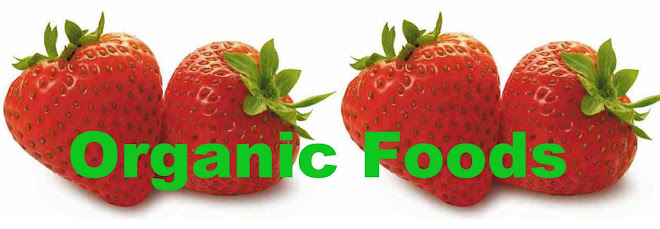1. Why are some plants and animals viewed organic?
Food which has been grown and prepared by nature is what is considered as food which is organic. Some people feel that organic food is sound for them and is also beneficial for the environment.
When artificial additives, fertilizers, synthetic pesticides and other bioengineering kinds are not utilized when growing crops, what we get is food which is organic. In the case of animals they must substantially not be confined in small spaces for many hours or days, must be fed using organically grown feed and must not employ antibiotics or similar synthetic biochemical substances.
Several countries define and certify food which is organic using different measures.
2. So, is organically grown food healthy for us anyway?
Well, researchers say that in the absence of pesticides plants give rise to increased vitamin and antioxidants to take care of themselves. If you need extra nutritional value you must ingest organic food as opposed to non-organic.
There is also the concern of low level contamination by pesticides in crops or plants which then gets into the human body when the food is taken. When animals are vaccinated using antibiotics they get small amounts of resistance to diseases and may be more costly to rear.
3. Does the environment love organic food?
If you want clean underground water and richer soil you must develop small amounts of toxic waste in the environment by growing food which is organic. It is remarkable to ascertain that drinking water is not contaminated and life in rivers, dams, seas and the oceans is not affected by pesticide utilization. The environment is interrupted when toxins enter the food web.
Since natural methods are employed to acquire food which is organic, little energy is employed. They also need little packaging materials and therefore overall they give rise to small amounts of waste. Genetically changed plants and animals are non-organic species which would genetically pollute the naturally occurring organic ones.
Well, there is some proof that genetically altered foods can make more output per hectare than organically grown food. The utilization of agricultural chemicals and substances is small for organic foods than for non-organic ones, even though the production per square meter is smaller.
4. Would you afford organic food?
Well, it seems organic food costs a bit more than non-organic due to the sensed value of the final product, yet it is supposed to be cheaper because it requires smaller amounts of inputs for its growth. A cost effective method is to get your food which is organic straight from the farmer whom you know. The best organic food must be grown under the best climatic situations, but such circumstances may exist on some far off place on the planet and importing food is sometimes dear.
Due to the standardization of preparing of foods which are organic by authorities in several countries, it is easy to find organic foods since they will be distinctly labeled. To make sure that the food is organically produced one way is to ensure that you determine a locally based farmer who uses natural ways to cultivate crops or rear animals. However, foreign food which is organic may be tricky to verify and most of the time you rely on the "say so" of the shop owners and this is still a grey area for many purchasers.


No comments:
Post a Comment